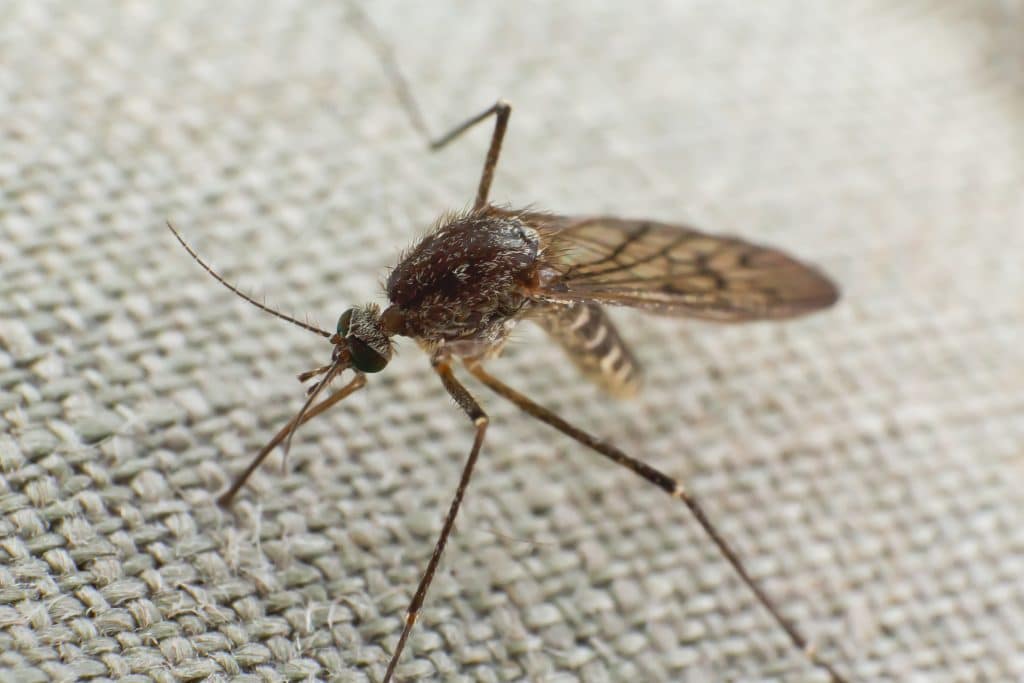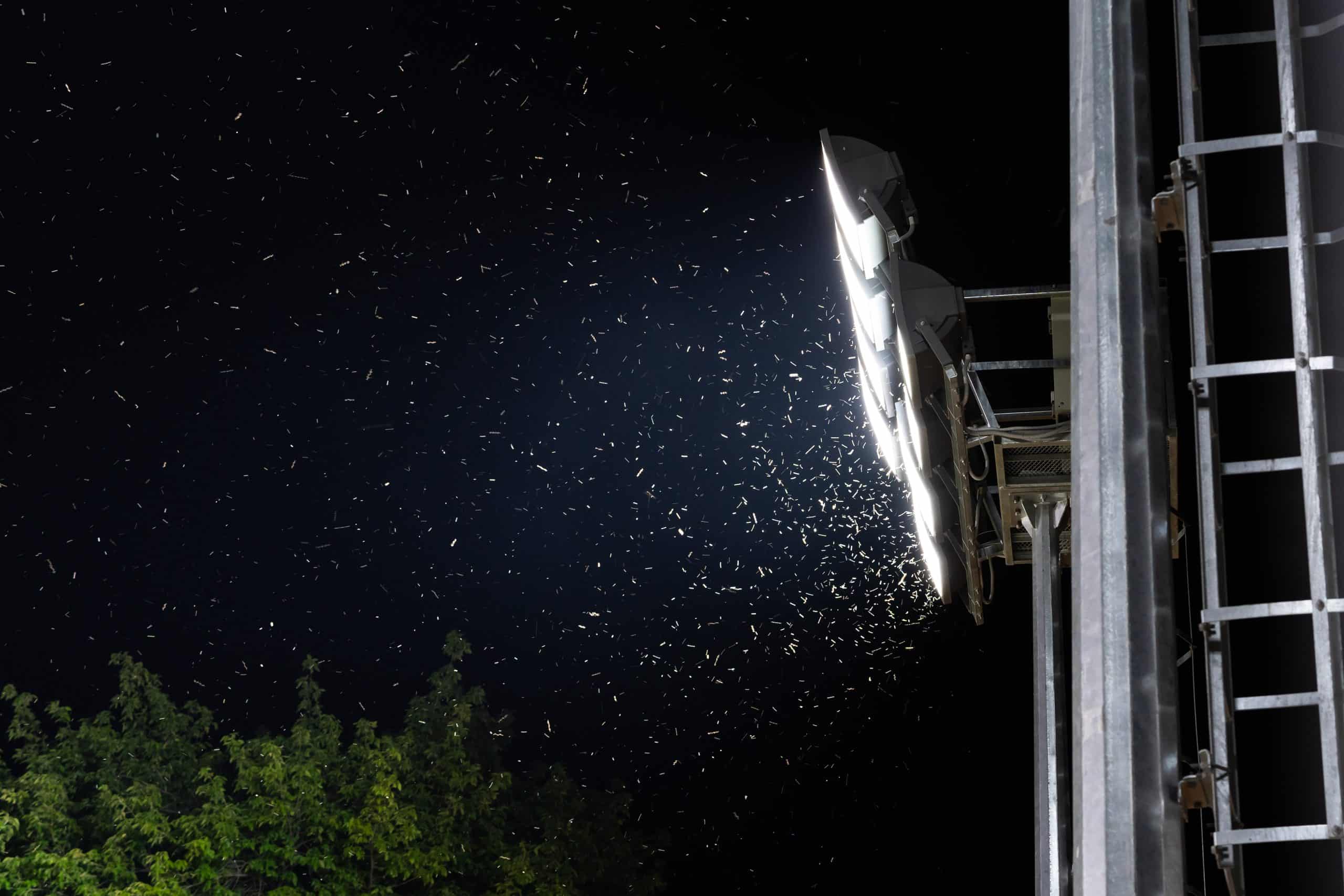Table of Contents
Are Mosquitoes Attracted to Light?
Mosquitoes are a common nuisance in South Florida, known for their itchy bites and potential to spread diseases like Zika, dengue, and West Nile virus. One of the frequently asked questions about these pests is whether they are attracted to light. This blog post will delve into the science behind mosquito behavior concerning light, explore other factors that attract mosquitoes, and provide practical advice for residents of South Florida to manage these pesky insects.
Understanding Mosquito Attraction to Light
The question of whether mosquitoes are attracted to light is somewhat complex and has multiple facets. Various studies and expert opinions provide insights into this behavior:
- Phototaxis and Mosquito Behavior:
- Phototaxis refers to the movement of organisms toward or away from light. Many insects exhibit positive phototaxis, meaning they are attracted to light sources. However, mosquitoes do not uniformly exhibit this behavior. Some studies suggest that mosquitoes are not particularly attracted to light and may even be repelled by certain types of artificial light sources.
- Natural Light vs. Artificial Light:
- Types of Light:
- Different types of light have varying effects on mosquitoes. For instance, ultraviolet (UV) and blue lights are more likely to attract mosquitoes, while yellow and red lights tend to repel them. Compact fluorescent bulbs (CFLs) and older LED lights that emit UV light are particularly attractive to mosquitoes.
Factors That Attract Mosquitoes
If light is not a significant attractant for mosquitoes, what factors do draw them in? Understanding these can help in developing effective mosquito control strategies:
- Carbon Dioxide (CO2):
- Body Odor:
- Mosquitoes can detect body odors from a considerable distance. Our body produces over 300 chemical compounds, and certain odors are more attractive to mosquitoes than others. Factors like diet, genetics, and the use of certain medications can influence body odor.
- Body Heat:
- Clothing Color:
- The color of your clothing can influence mosquito attraction. Dark colors like black, gray, and red can make you more visible to mosquitoes by trapping body heat and enhancing natural scent emission. Conversely, light colors like white and khaki can help repel mosquitoes by reflecting sunlight and keeping you cooler.
Common Mosquito Areas in South Florida
South Florida’s warm and humid climate makes it a prime breeding ground for mosquitoes. Here are some common areas where mosquitoes thrive:
- Residential Yards:
- Recreational Parks:
- Docked Boats:
Practical Tips to Manage Mosquitoes in South Florida
Given the various factors that attract mosquitoes, here are some practical tips for managing them:
- Eliminate Standing Water:
- Regularly check and eliminate standing water in your yard. This includes emptying birdbaths, kiddie pools, and any containers that can collect water.
- Use Mosquito Repellents:
- Apply mosquito repellents containing DEET, picaridin, or oil of lemon eucalyptus when spending time outdoors.
- Install Screens:
- Use window and door screens to keep mosquitoes out of your home.
- Wear Protective Clothing:
- Wear long sleeves and pants, especially during peak mosquito activity times (dusk and dawn). Choose light-colored clothing to reduce attraction.
- Use Yellow or Red Lights:
- Opt for yellow or red lights for outdoor lighting to minimize mosquito attraction.
- Consult Pest Control Professionals:
- For persistent mosquito problems, consider consulting pest control professionals who can provide tailored solutions for your property.
Landmark Areas in South Florida
South Florida is home to several landmark areas that are significant for understanding mosquito behavior and control:


- Everglades National Park:
- The Everglades is a vast wetland area that provides a natural habitat for mosquitoes. Understanding mosquito behavior in such natural settings can help develop effective control strategies.
- Miami-Dade County:
- Miami, with its dense population and proximity to water bodies, is a significant hotspot for mosquito activity. Efforts to control mosquitoes in this area can provide insights into urban mosquito management.
- Biscayne National Park:
- This marine park, with its extensive water bodies, is another critical area for studying mosquito breeding and control.
FAQ Section
Q1: Are mosquitoes attracted to light?
- Mosquitoes are not uniformly attracted to light. While some types of light, like UV and blue lights, can attract them, other lights, like yellow and red, can repel them.
Q2: What attracts mosquitoes the most?
- Mosquitoes are primarily attracted to carbon dioxide, body odor, body heat, and dark-colored clothing.
Q3: How can I reduce mosquito activity in my yard?
- Eliminate standing water, use mosquito repellents, wear protective clothing, and opt for yellow or red outdoor lights. Consulting pest control professionals can also provide effective solutions.
Q4: Why are mosquitoes more active at dusk and dawn?
- Mosquitoes are most active during low-light conditions as they use natural light from the moon and stars for navigation.
Q5: Can certain foods or medications make me more attractive to mosquitoes?
- Yes, certain foods and medications can influence your body odor, making you more attractive to mosquitoes.
Q6: Are there any natural predators of mosquitoes that can help control their population?
- Yes, introducing fish to garden ponds or water features can help control mosquito populations as they feed on mosquito larvae.
In conclusion, while light is not a primary attractant for mosquitoes, understanding the various factors that do attract them can help in developing effective control strategies. By implementing practical measures and consulting with pest control professionals, residents of South Florida can manage mosquito populations and reduce the risk of mosquito-borne diseases.

